Our diet plays a pivotal role in shaping our health, but certain cancer causing foods may increase the risk of developing serious illnesses. By understanding what these foods are and how they affect our bodies, we can make informed dietary choices and protect ourselves from potential harm.

Here are 15 common cancer causing foods that could be hiding in your daily meals:
1. Processed Meats
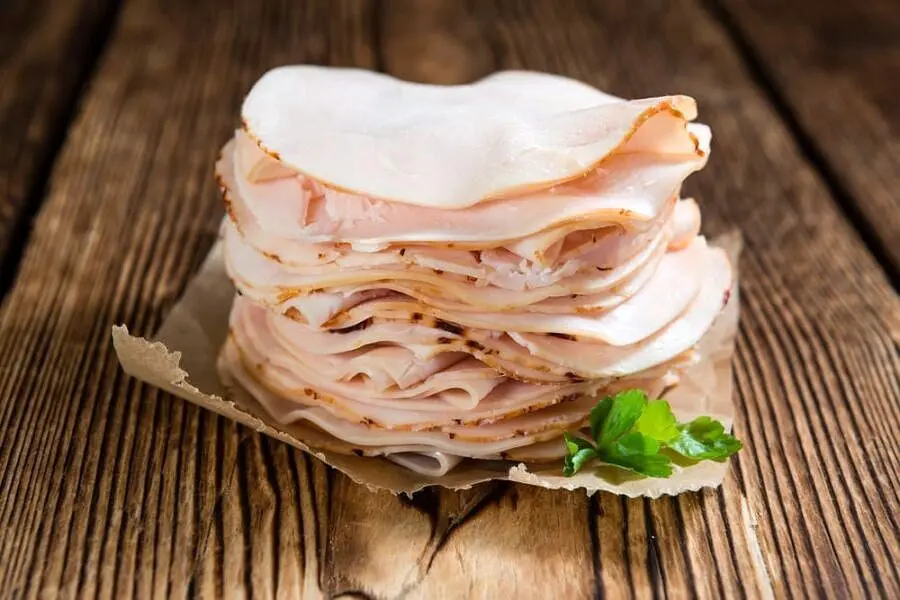
Processed meats like bacon, sausages, and hot dogs are among the top cancer causing foods. These meats often contain nitrates and nitrites, which can form carcinogenic compounds in the body. Studies have linked their consumption to an increased risk of colorectal cancer.
- Risk Reduction Tips:
- Limit processed meat intake.
- Opt for fresh poultry, fish, or plant-based proteins.
2. Red Meat
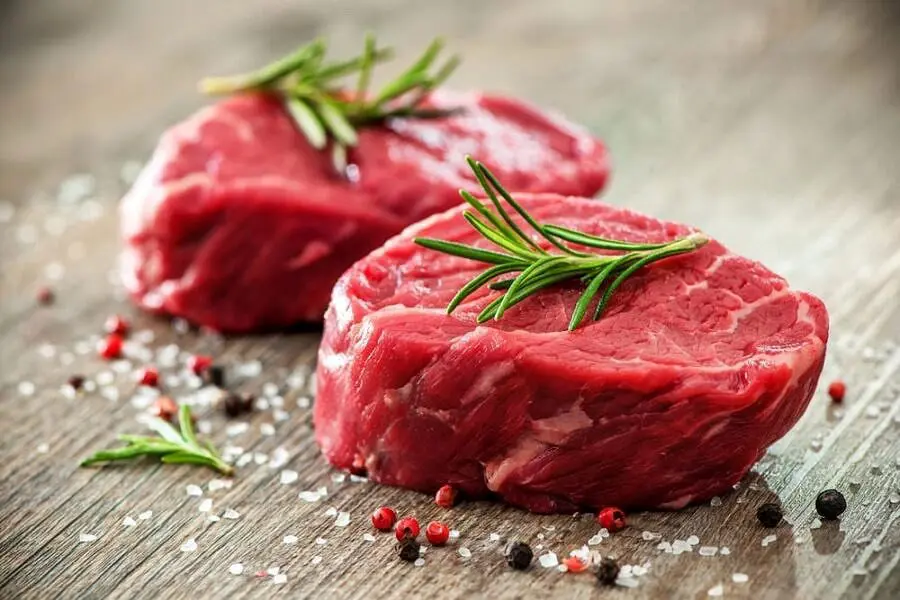
While red meat is a popular protein source, consuming it in large quantities has been associated with colorectal, prostate, and pancreatic cancers. Cooking red meat at high temperatures produces harmful compounds like HCAs and PAHs.
- Risk Reduction Tips:
- Eat red meat in moderation.
- Choose leaner proteins like chicken, turkey, or tofu.
3. Microwave Popcorn
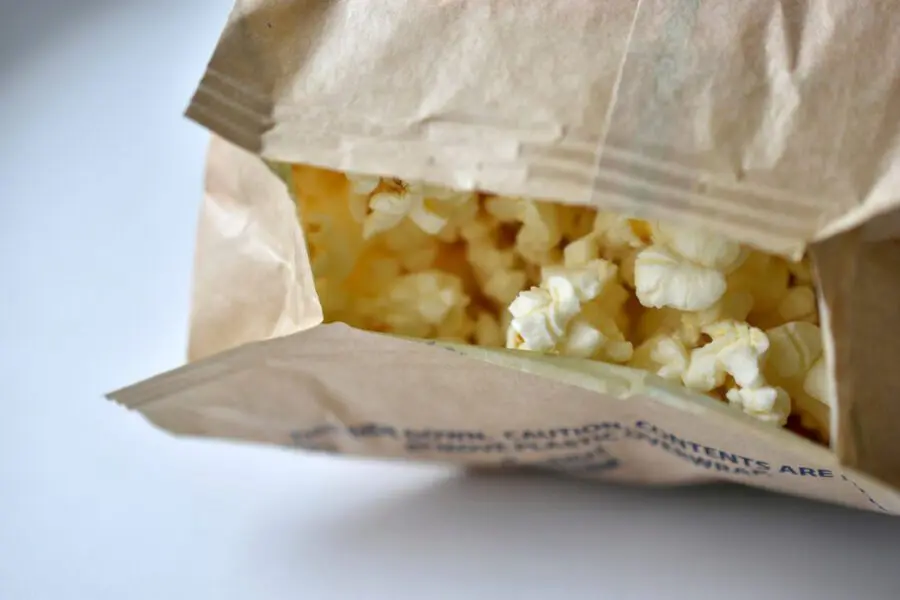
This convenient snack often comes with hidden risks. The bags can contain perfluorooctanoic acid (PFOA), a chemical linked to cancer, while artificial butter flavoring may include diacetyl, which has potential carcinogenic effects.
- Risk Reduction Tips:
- Use air-popped or stovetop popcorn with natural flavorings.
4. Salt-Preserved and Pickled Foods
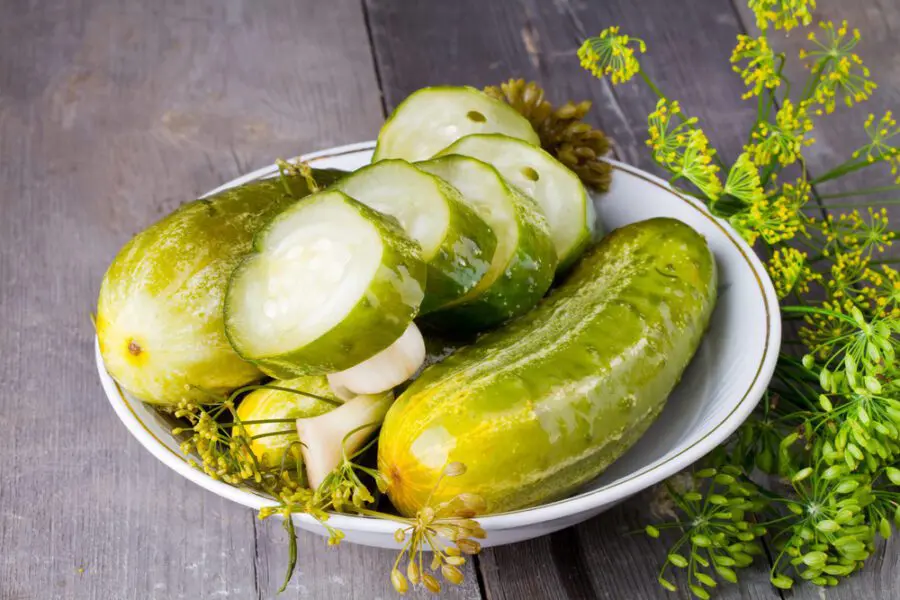
High salt content in pickled and preserved foods can damage the stomach lining, leading to an increased risk of stomach cancer.
- Risk Reduction Tips:
- Reduce consumption of heavily salted foods.
- Opt for homemade pickles with less salt.
5. Hydrogenated Oils
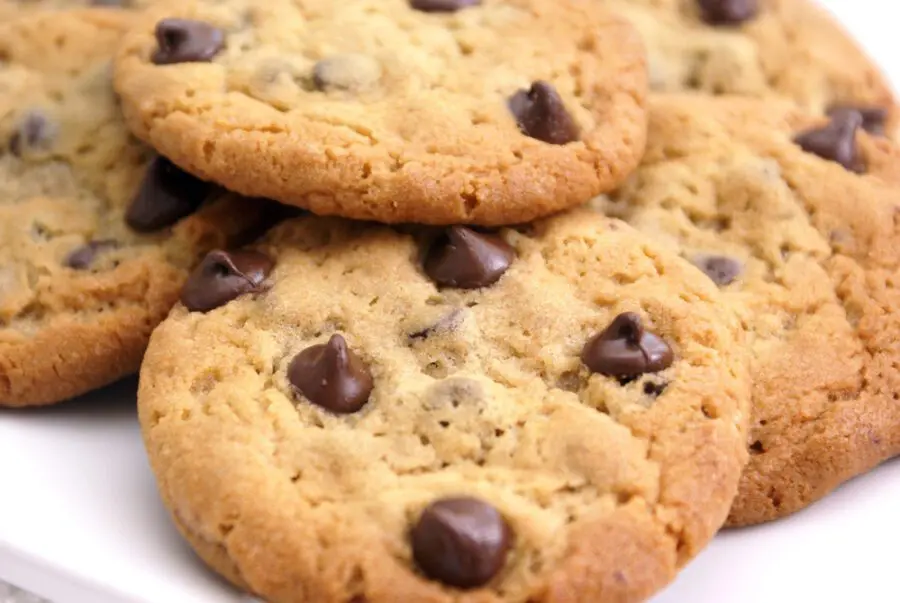
Hydrogenated oils, often used in processed foods, are high in trans fats, which increase inflammation and are linked to several cancers.
- Risk Reduction Tips:
- Avoid products with hydrogenated oils.
- Use healthier fats like olive oil or avocado oil.
6. Refined Carbohydrates
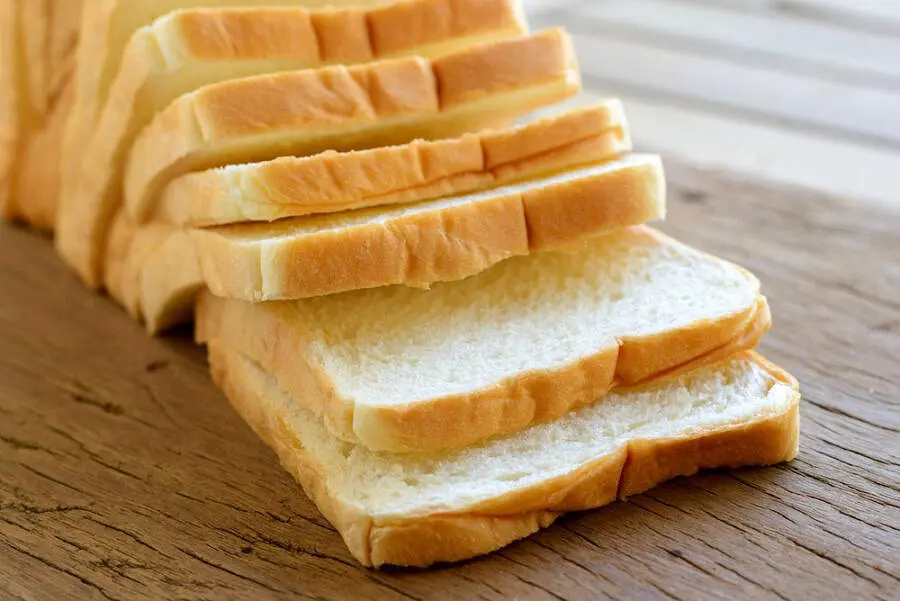
Foods like white bread and sugary cereals spike blood sugar levels, contributing to obesity—a known risk factor for cancer.
- Risk Reduction Tips:
- Choose whole-grain alternatives.
- Limit sugary snacks and desserts.
7. Artificial Sweeteners
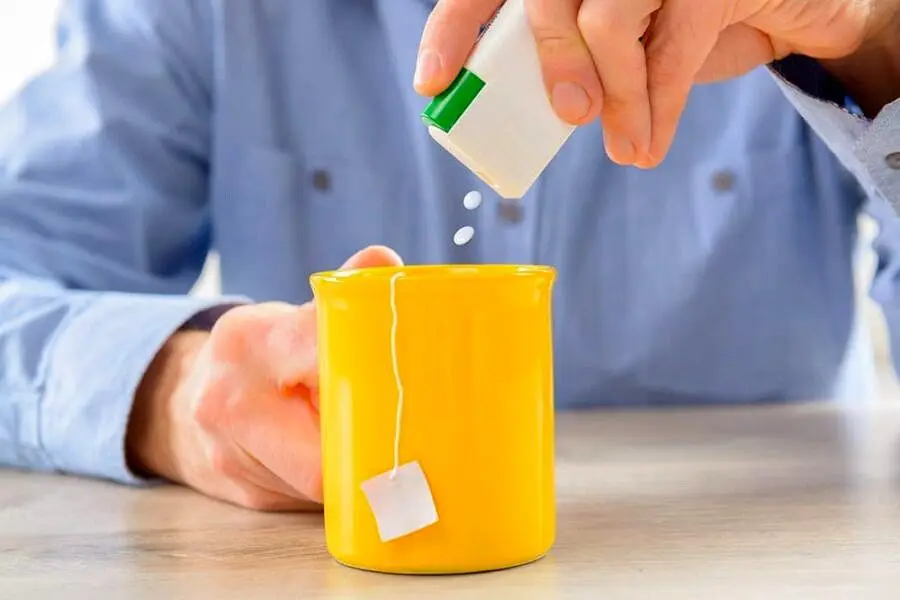
Commonly found in diet sodas and low-calorie snacks, artificial sweeteners like aspartame may have potential cancer risks, though research is ongoing.
- Risk Reduction Tips:
- Use natural sweeteners like stevia or monk fruit.
8. Grilled Meats
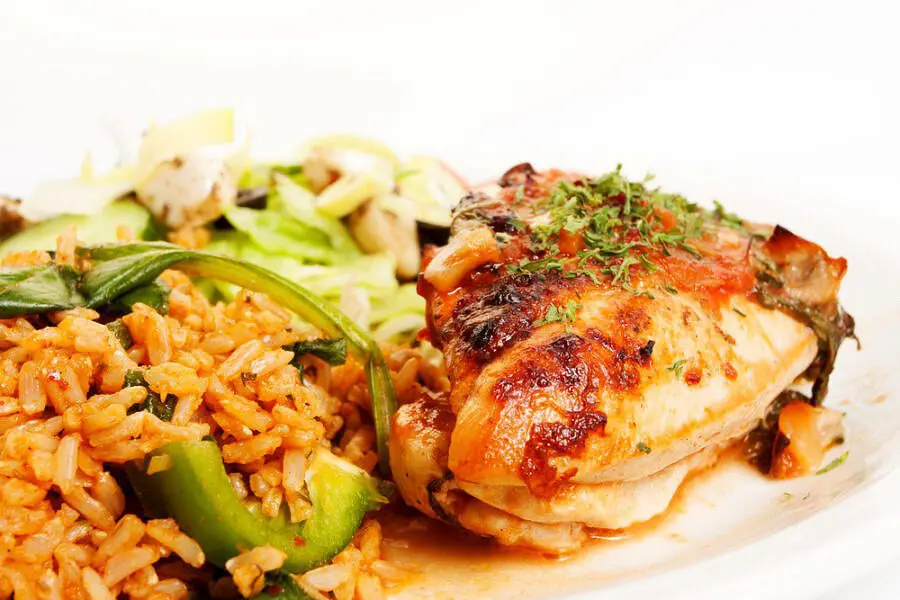
Grilling meat at high temperatures produces carcinogenic compounds such as HCAs and PAHs, increasing the risk of certain cancers.
- Risk Reduction Tips:
- Use marinades to reduce carcinogen formation.
- Avoid charring meat.
9. Non-Organic Produce
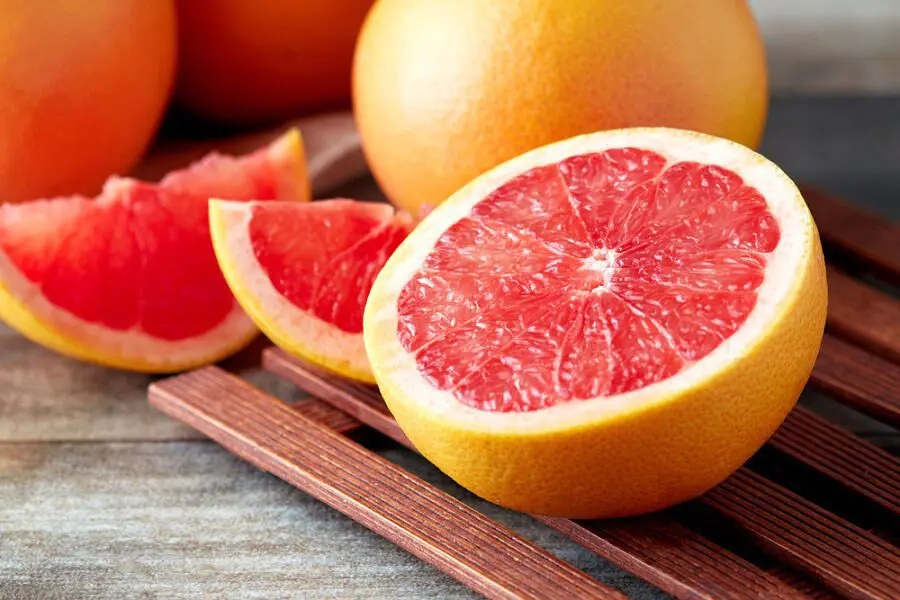
Non-organic fruits and vegetables may contain pesticide residues, which are linked to cancers such as leukemia and lymphoma.
- Risk Reduction Tips:
- Choose organic produce when possible.
- Wash and peel produce thoroughly.
10. Canned Foods
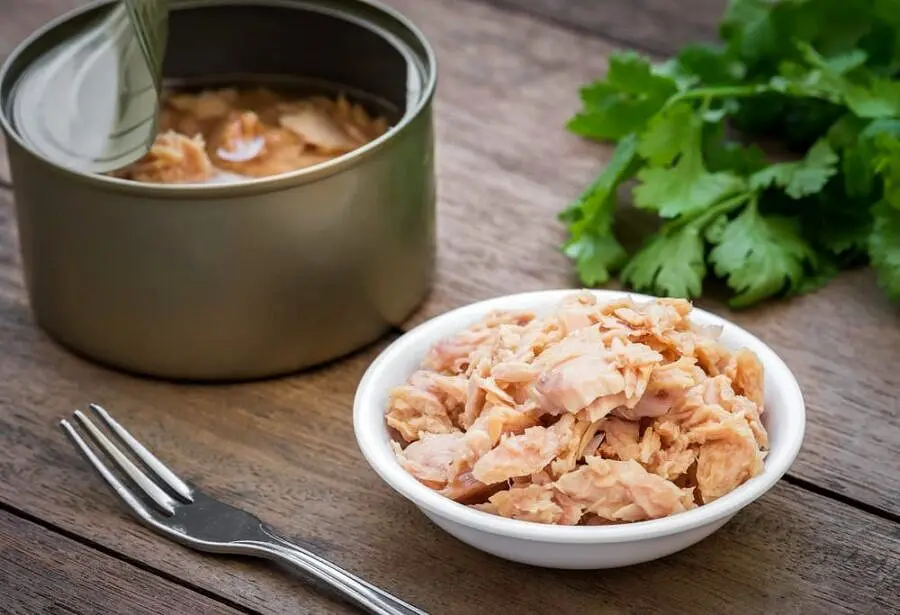
Many canned foods are lined with BPA, a chemical linked to hormone disruption and increased cancer risk.
- Risk Reduction Tips:
- Look for BPA-free cans.
- Use fresh or frozen foods.
11. Sugar-Sweetened Beverages
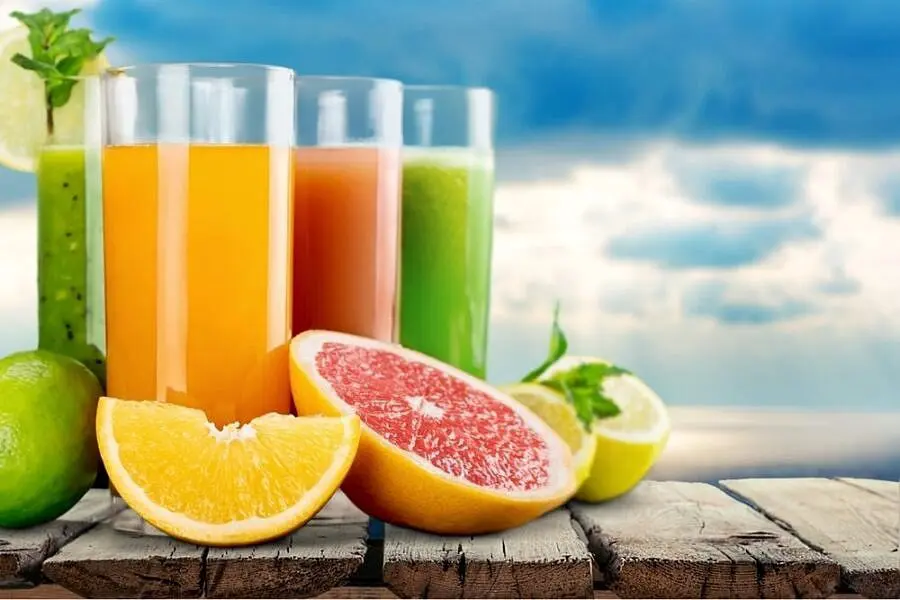
Sugary drinks contribute to obesity, increasing the risk of cancers such as breast, colon, and pancreatic cancer.
- Risk Reduction Tips:
- Replace sugary drinks with water or unsweetened beverages.
12. Farmed Salmon
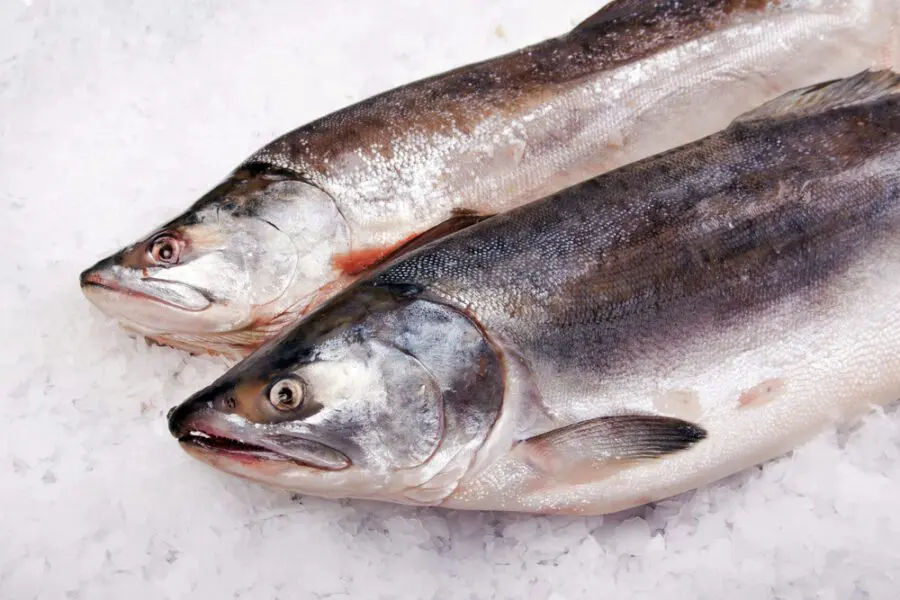
Farmed salmon often contains higher levels of contaminants like PCBs, which are potential carcinogens.
- Risk Reduction Tips:
- Choose wild-caught salmon.
- Diversify your seafood choices.
13. Alcohol

Frequent alcohol consumption is associated with liver, breast, and esophageal cancers.
- Risk Reduction Tips:
- Limit alcohol intake to recommended levels.
- Explore non-alcoholic beverage options.
14. Potato Chips

Potato chips are often fried at high temperatures, leading to the formation of acrylamide, a chemical linked to cancer.
- Risk Reduction Tips:
- Choose baked chips or vegetable crisps.
15. High-Fat Dairy Products

High-fat dairy products like butter and whole milk are associated with an increased risk of prostate cancer.
- Risk Reduction Tips:
- Choose low-fat or plant-based dairy alternatives.
Final Thoughts
Avoiding cancer causing foods doesn’t mean sacrificing all your favorite meals. Instead, aim to make healthier choices and balance your diet with nutrient-rich whole foods. By reducing the intake of these risky items and opting for safer alternatives, you can lower your cancer risk and improve overall health.
Please SHARE this article with your friends and family on Facebook.
Bored Daddy
Love and Peace
